Stress Awareness Month
Stress – Sensitivity and Support
Well-being has evolved into a field of considerable prominence in recent years.
Recognition of how mental issues, including stress, can impact physical health has led to a push for a more conscientious management, emphasising awareness, sensitivity and support.
As Stress Awareness Month underlines, one of the most commonplace of these issues is the occurrence of prolonged stress.
Unchecked, this has the potential to develop into a catastrophe on several levels; generally lowering morale, damaging standard of living, triggering health complaints and reducing productivity. As such it’s in everyone’s interests – including employers and management – to ensure stress prevention and employee support is taken as seriously as any other safety or health complaint.
The Health and Safety Executive (HSE) calculated in a 1999 report that the effects of work related stress cost UK employers between £353 to £381 million per year, with the number of days lost proceeding to double over the following five years.
Today, as of 2015/2016 the HSE estimates that the total number of UK workers suffering significant stress, depression or anxiety is around 488,000 people, with 11.7 million working days lost over the period in question.
Accounting for 45% of all days lost to ill health, these figures underline just how severe the problem is and why it urgently needs the attention of staff, managers and employers.
Manage Stress Levels and Spot Triggers
Stress or feeling stressed happens to us all through various points in our life and for many varied reasons.
There is no absolute medical definition of stress, but it’s recognised that it has close links to our mental health. Since 1992, Stress Awareness Month has been held every April across the country, with health care professionals and health promotion teams joining together to educate people how to manage stress levels and spot triggers.
Stress is caused when we have demands put upon us, when an event or task requires us to think intensely for a prolonged period, or when we feel powerless to change our situation.
As highlighted, work demands are a key cause, but any other number of factors can contribute. Whether it be planning a wedding, financial difficulty, low self-esteem, studying for exams, moving to a new house or a complicated relationship; virtually anything might add weight to the problem. The situation doesn’t always have to be a negative event for it to cause you stress.
When you become stressed your body releases adrenaline and cortisol hormones which tell your body to go into emergency standby mode. Your behaviour might change, you may become quite tearful, restless, avoid conflicts, start to pick at your skin and nails, be snappy towards other people, develop a loss or increase of appetite, possibly drink more alcohol and smoke more than usual.
You may also experience physical signs such as; tiredness, headaches, dizziness, nausea, and stomach problems. These happen due to your body releasing the hormones and serve as an alarm bell that all is not well.
Address the Causes
By taking note of your triggers and taking a few basic steps your stress can progressively be made more manageable, helping to build up a resilience towards it and the causes or remove unnecessary factors.
Here are seven starting points to set sufferers on the path to a lower stress life:
- Address the causes – Make an effort to find a correlation between stress symptoms and related factors, tasks and times of day; perhaps try keeping a diary of this to make it easier. Narrowing these down will make addressing the problem much easier.
- Determine if you can make a change – Some factors will be beyond your control or outside your responsibilities in the workplace or home. If this is the case you could be worrying needlessly and casting them from your mind may be the best option. Alternatively, it may be a problem which can and should be corrected with the help of a higher authority, if this is the case…
- Take problems to a higher authority – If the cause of your stress is something which violates work regulations or your basic rights then you should raise it with management or another appropriate higher authority immediately. It could be bullying but may include less dramatic problems such as your work environment and colleague habits. Regardless there is no reason you should suffer in silence when a solution could be developed with the help of management.
- Organise your time, make a list, delegate priorities and set realistic time scales – Routines and a long-term roadmap for your working life can be a source of comfort, whereas the uncertainty of not having a plan can compound feelings of stress. Before rushing headlong into your daily tasks without thinking, set yourself goals you can comfortable achieve and organise your daily schedule; as things fall into place you’ll almost certainly feel better.
- Take more care of your physical self, good diet and exercise – There’s a proven connection between rigorous physical activity and more positive outlooks, while a healthy diet can also make an enormous difference. For further pointers on this be sure to check out our blogs on healthy habits, reducing alcohol consumption and detoxing.
- Make use of your support network – This could be family and friends, your manager or supervisor, councillor and health professionals. Simply talking about your feelings and tricky situations helps relieve the burden, while other people might help spot your triggers in the process. Don’t forget organisations such as org also provide a means to speak with someone supportive in the strictest of confidence.
- Take time out from work – Everyday this should be time away from your desk for lunch and regular breathers, while preparing holidays at reasonable intervals throughout the year also helps alleviating work related stress. It’s important to have time to disconnect from the stresses of the working day so be mindful of this when you become tempted to take tasks home, stay for overtime or postpone time off.
Whatever the causes of stress and your situation, never bury the problem. If your suffering prolonged, intense stress it’s unlikely to diminish on its own and will likely do more damage unchecked.
Being aware of the problem and addressing the factors is the only way to alleviate the issue and we all have a responsibility to take action.
Marie Frayne

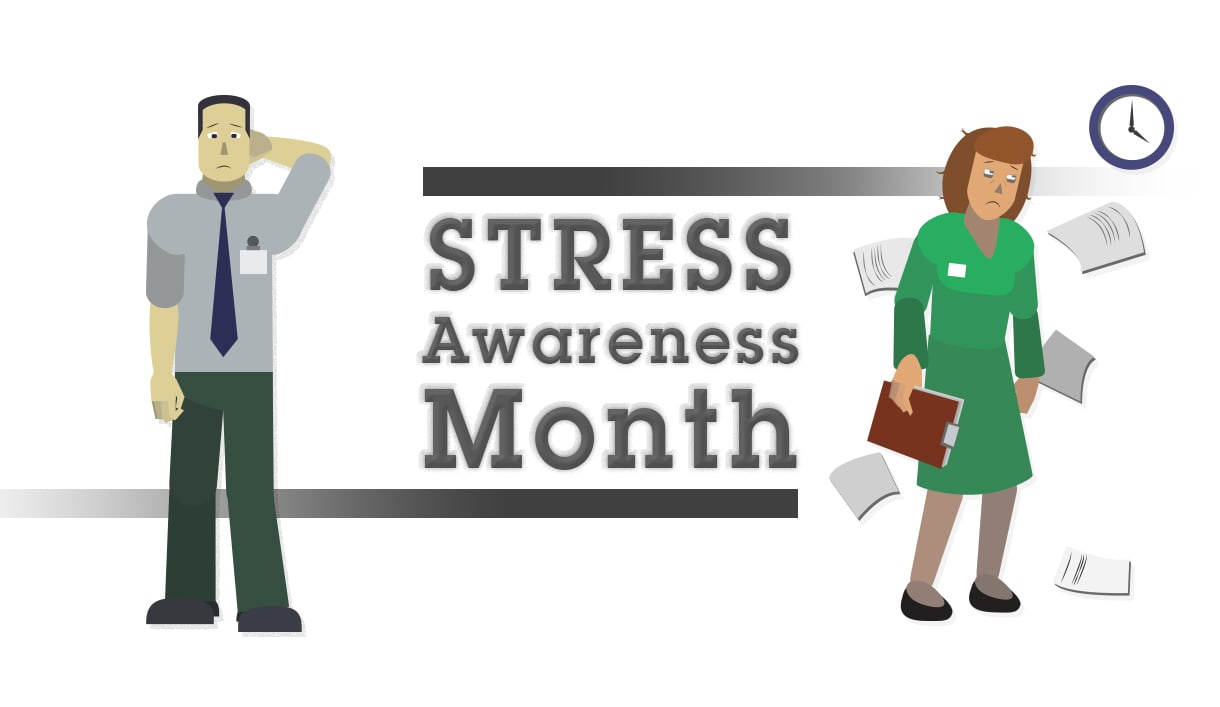


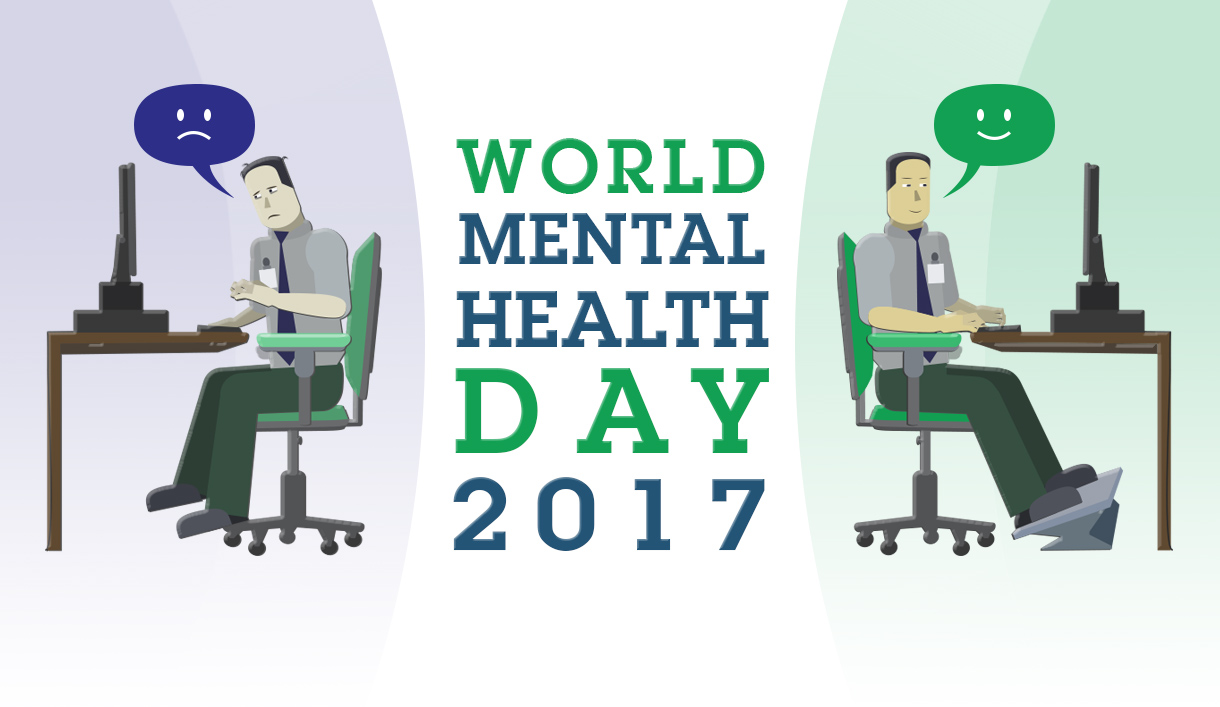
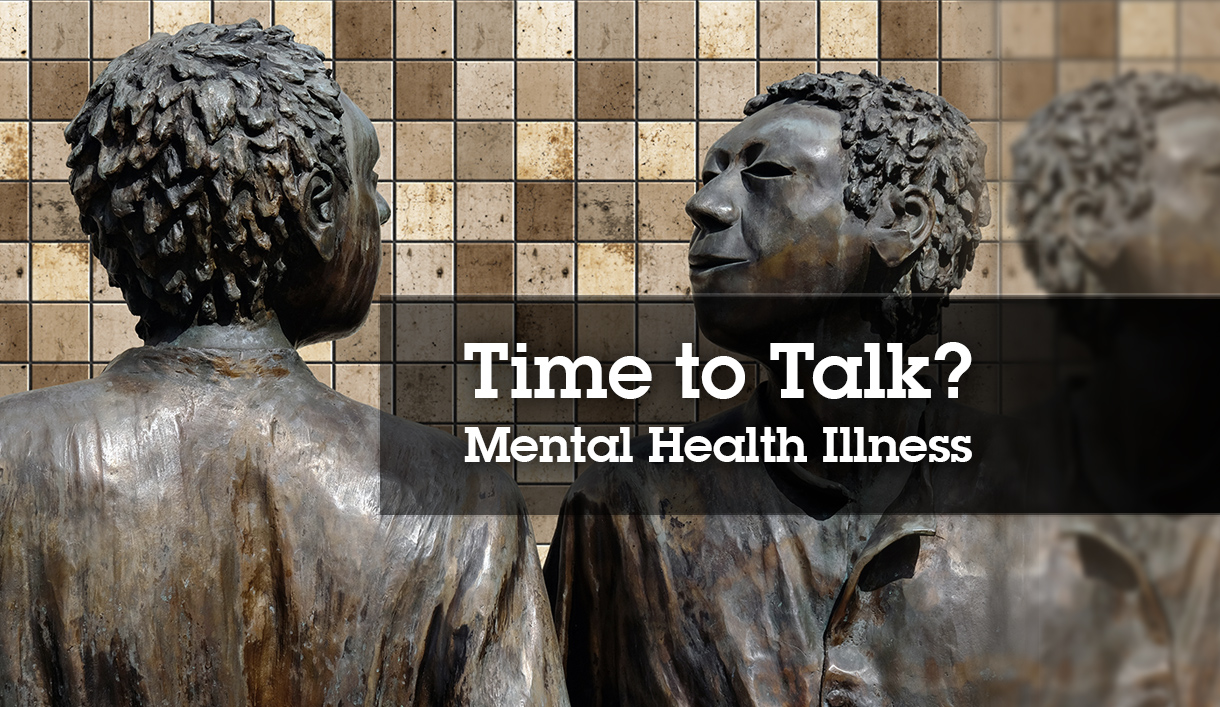
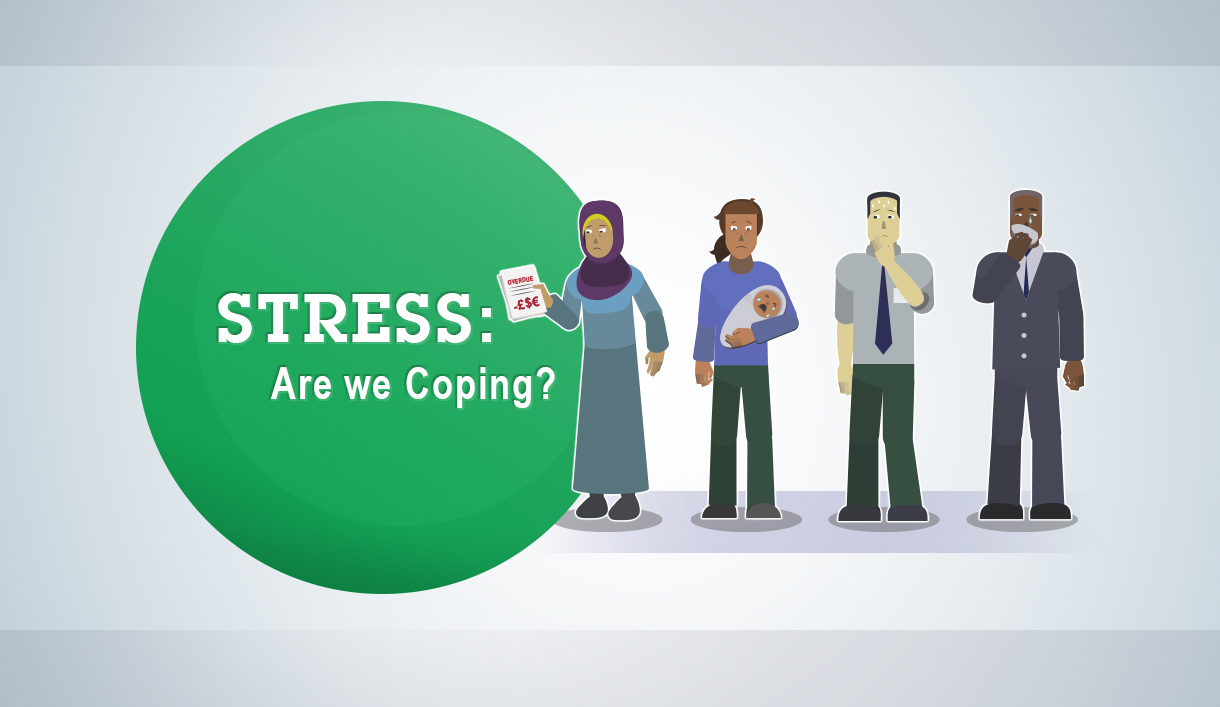

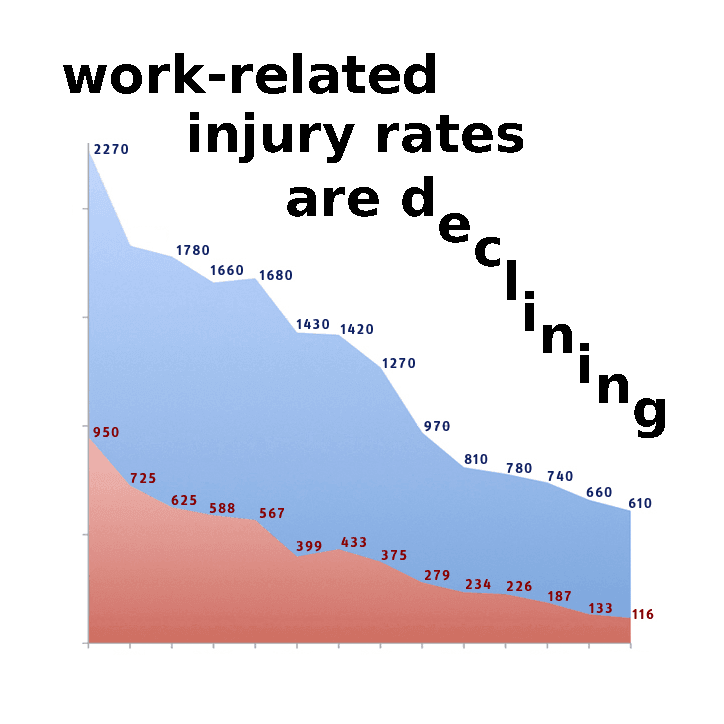
Leave a Reply
Want to join the discussion?Feel free to contribute!